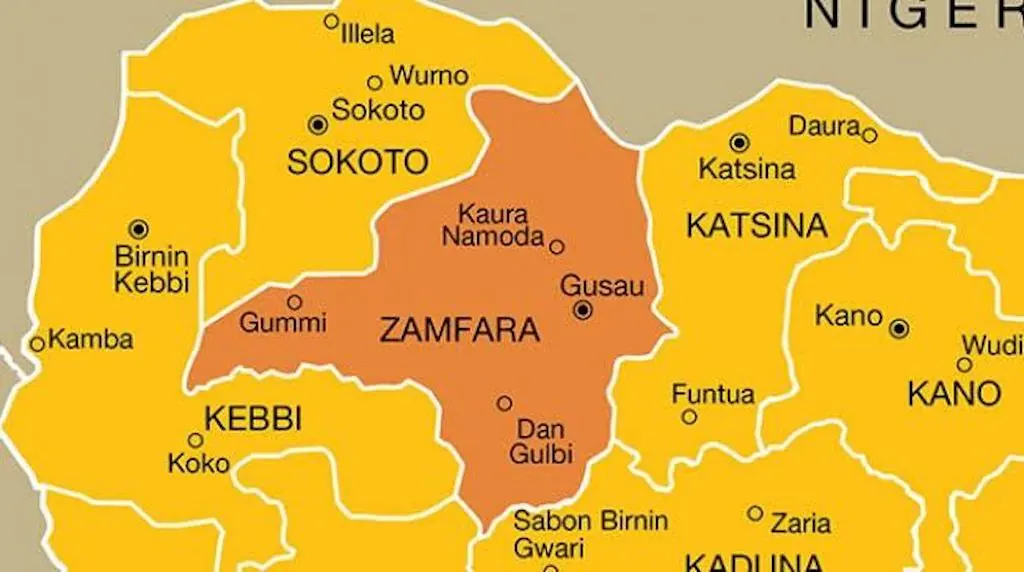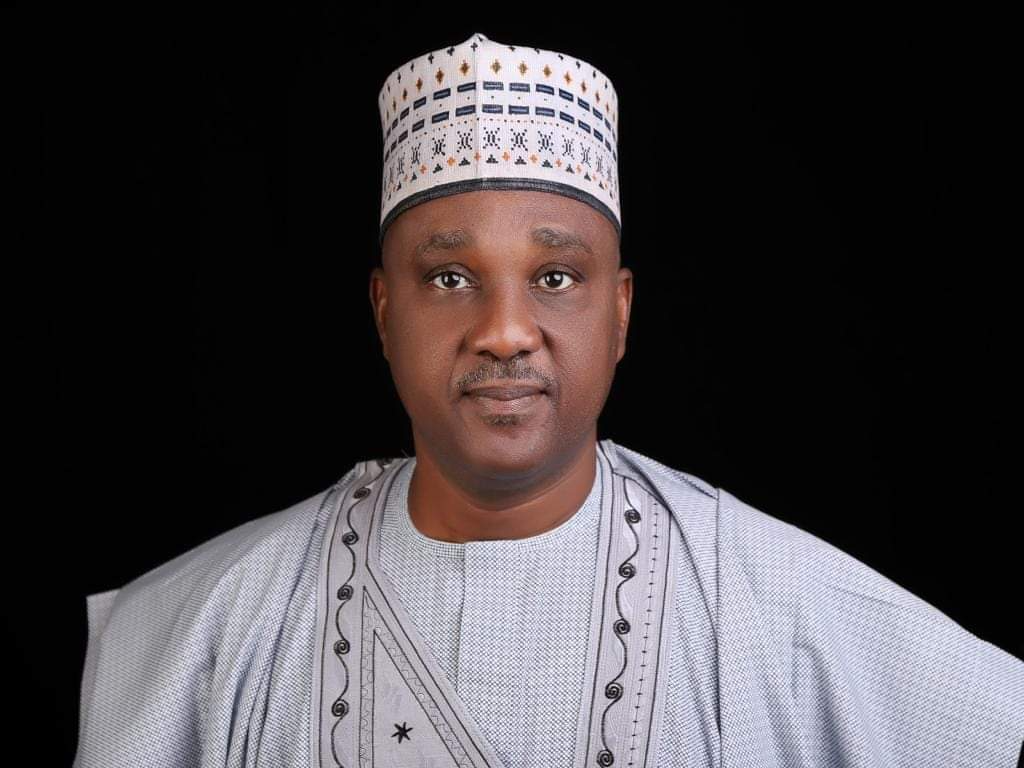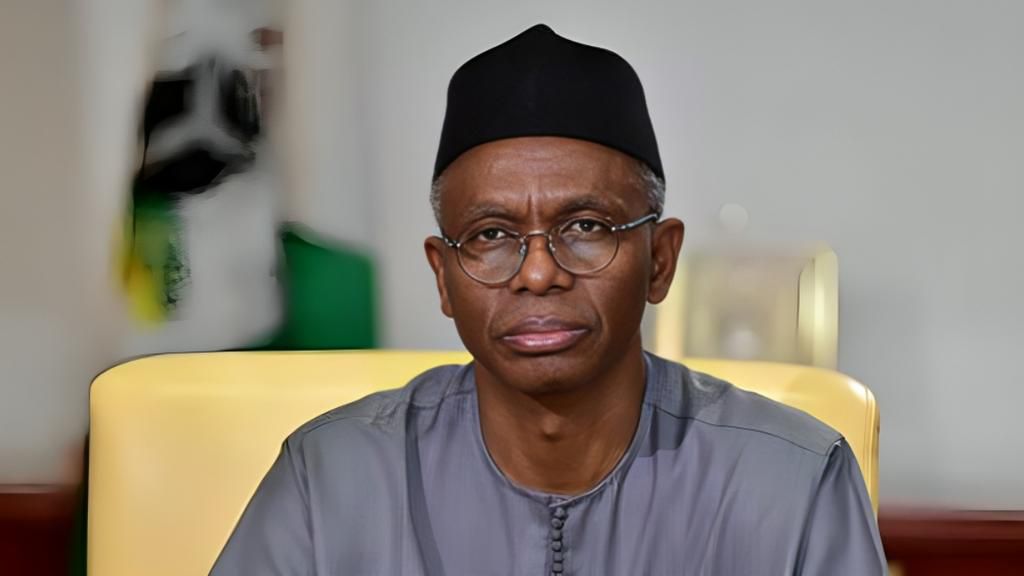Senate wants oil thieves treated as terrorists
The Senate President, Godswill Akpabio, has said the Senate is considering stiffer penalties for crude oil thieves, including charging them with terrorism.
Speaking at the opening of a two-day public hearing on crude oil theft in the Niger Delta, Akpabio—represented by Deputy Senate President, Senator Barau Jibrin (APC, Kano North)—reaffirmed the 10th National Assembly’s commitment to protecting Nigeria’s economic lifeline.
“We are prepared to strengthen laws, enhance oversight, and ensure that agencies responsible for protecting our oil assets are held accountable,” he said.
Among the proposed measures are terrorism charges for major oil theft offenders, compulsory digital metering, and real-time monitoring of oil production and exports.
The Senate is also pushing for increased transparency in crude lifting and revenue tracking, as well as stronger collaboration among the military, police, anti-graft agencies, and international partners to intercept stolen crude oil.
Akpabio emphasised that oil companies must invest in modern surveillance technologies and pipeline security, while urging host communities to serve as frontline defenders of national assets.
“As I declare this public hearing open, I charge all stakeholders to engage with utmost seriousness. The recommendations from this session must lead to actionable, measurable, and time-bound solutions. Nigeria’s survival depends on it,” he said.
Delivering a stern warning, Akpabio stated, “To the criminals stealing our crude oil, your time is up. To the agencies tasked with protecting our resources, the nation is watching. The Senate expects nothing less than a robust, no-holds-barred report that will guide decisive legislative and executive actions.
It is time to take back what belongs to Nigeria.”
He expressed concern over reports that Nigeria loses between 150,000 and 400,000 barrels of crude oil daily to theft, resulting in billions of dollars in lost revenue every year.
“This theft is not a victimless crime. It directly undermines our economic stability, devalues the naira, starves critical sectors of funding, and perpetuates poverty in oil-producing communities. Worse still, it finances illegal arms, fuels violence, and emboldens criminal networks that threaten national security,” he added.












